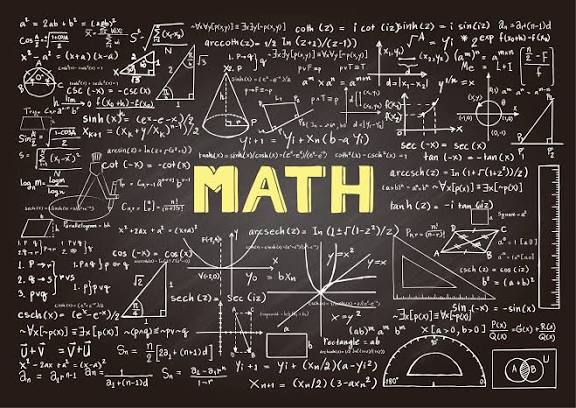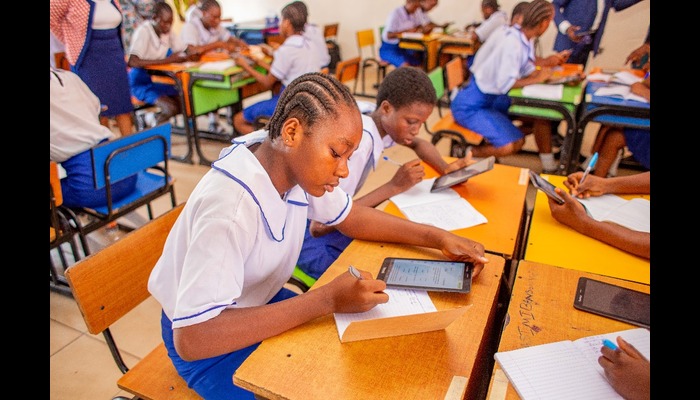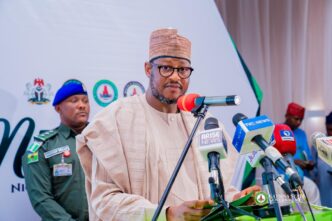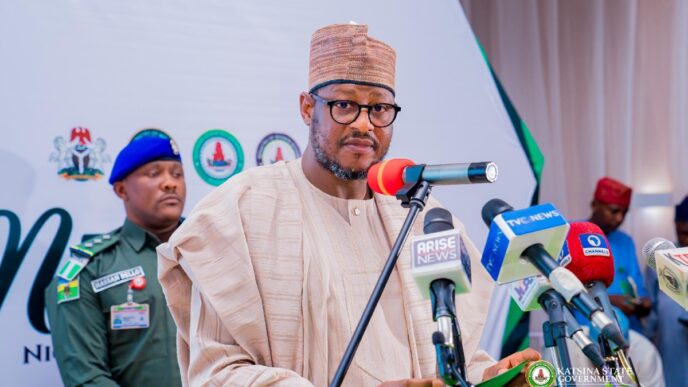The Nigerian Government has approved the removal of Mathematics as a compulsory subject for admission into tertiary institutions for students in the arts and humanities.
This means that Nigerian senior secondary school students pursuing arts or humanities will no longer be required to have a credit pass in Mathematics in their Senior School Certificate Examination (SSCE), conducted by the West African Examinations Council (WAEC) and the National Examinations Council (NECO).
The announcement was made on Tuesday in a statement by Folasade Boriowo, spokesperson for the Federal Ministry of Education.
For decades, candidates in the arts and humanities were required—like their counterparts in the sciences and social sciences—to obtain five credit passes, including Mathematics and English Language, to qualify for admission into higher institutions.
According to the ministry, the revised National Guidelines for Entry Requirements into Nigerian Tertiary Institutions aim to remove unnecessary barriers while maintaining academic standards.

Under the new framework, which applies to universities, polytechnics, colleges of education, and Innovation Enterprise Institutions nationwide, the entry criteria are as follows:
- Universities: A minimum of five credit passes in relevant subjects, including English Language, obtained in no more than two sittings. Mathematics remains compulsory for Science, Technology, and Social Science courses.
- Polytechnics (ND level): A minimum of four credits in relevant subjects, with English Language mandatory for non-science courses and Mathematics required for science-related programmes.
- Polytechnics (HND level): A minimum of five credits, including English Language and Mathematics.
- Colleges of Education (NCE level): A minimum of four credits, with English Language mandatory for Arts and Social Science courses, and Mathematics required for Science, Vocational, and Technical programmes.
Boriowo described the change as a “progressive reform” expected to ease the admission process and create more opportunities for applicants.
Minister of Education, Dr Tunji Alausa, also hailed the reform as a deliberate move to broaden access to tertiary education and promote inclusivity in Nigeria’s education system.


 Trending
Trending 









